A team of researchers led by academics from the University of Chicago have found that the presence of trees in the urban environment has a dramatic effect on the health and happiness of those who live beside them.
Specifically, they found that having 10 more trees in a city block improves health perception in ways that are comparable to an increase in annual personal income of $10,000, or being seven years younger.
They also found that having 11 more trees in a block correlates with improvements in cardio-metabolic health that are comparable to an increase in annual personal income of $20,000.
The researchers took the Canadian city of Toronto and compared high-resolution satellite imagery and a list of individual trees with a dataset of health perceptions, cardio-metabolic conditions and mental illnesses derived from the Ontario Health Study, a long-term investigations into the general health of 225,000 Canadians.
The result showed that people who live in neighbourhoods with a higher density of trees enjoy greater well-being even after taking into account the fact that wealthier people tend to live in greener areas.
The report builds on previous studies that discovered that being close to the natural environment improved memory and attention, reduced crime and aggression and shortened post-operative recovery times in surgical patients.
The report notes that the nominal $10,000 increase in well-being compares with an annual cost of planting and caring for 10 trees of between £300 and $5,000 a year.
When it comes to improving the physical and mental health of urban dwellers, not all trees are alike, however.
The research found that only those planted along roads had statistically reliable beneficial impacts. The researchers speculate that they are more effective in reductions in air pollution generated by traffic.
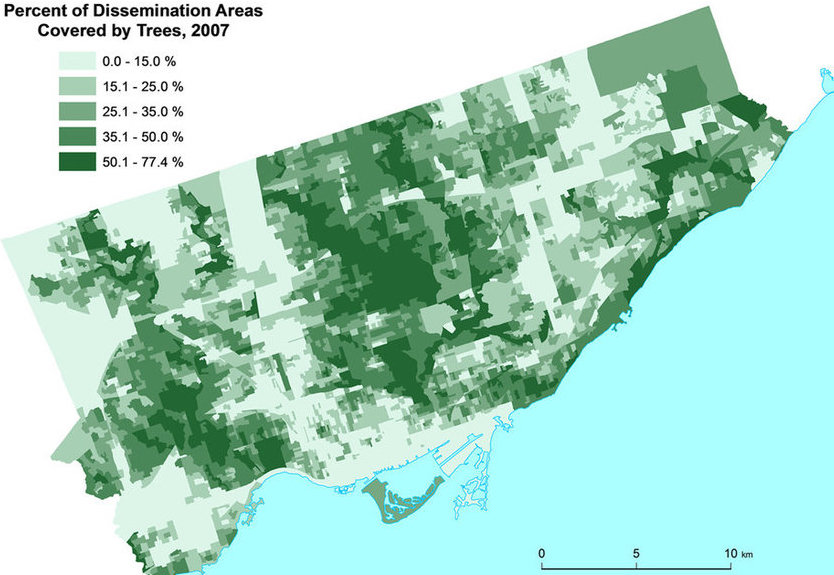
The density of trees in Toronto derived from the Geographical Information System map (Source: Scientific Reports)
The report says: “This does not indicate that parks are not beneficial. This study only shows that planting trees along the roads may be more beneficial than planting trees in parks and private residences for these health measures. For example, our sample only consists of adults and trees in parks may be more beneficial to children who spend more time in such locations.”
Although the report shows a correlation between trees and health, it does not establish any causal mechanisms between the two. The researchers speculate that improved air quality, stress-relief, or the promotion of physical activity could contribute to the outcomes.
They say: “The current study provides two pieces of information that could be useful when trying to study the underlying mechanisms of the health benefits attained from urban trees. First, more than proximity, it is the availability of the trees to the largest proportion of people that is beneficial.”
Another finding is that increasing tree density beyond 20% does not yield any further benefits, so there are no outstanding health advantages to living in a forest.
Comments
Comments are closed.


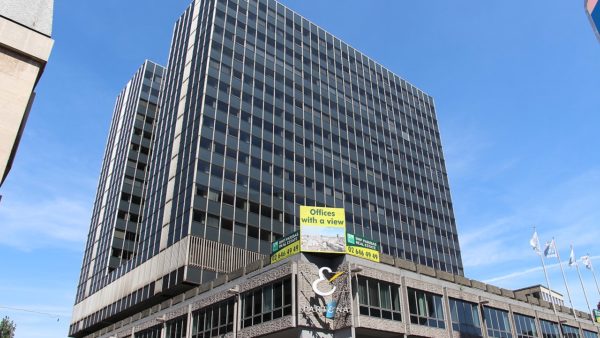
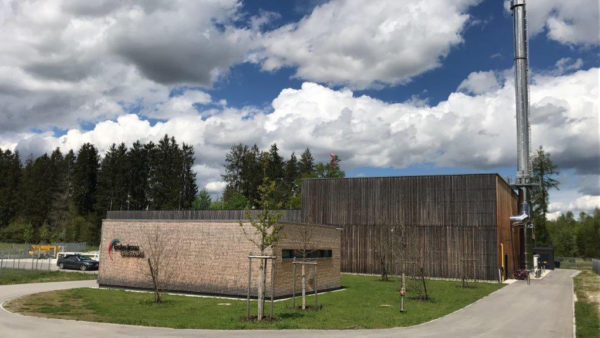
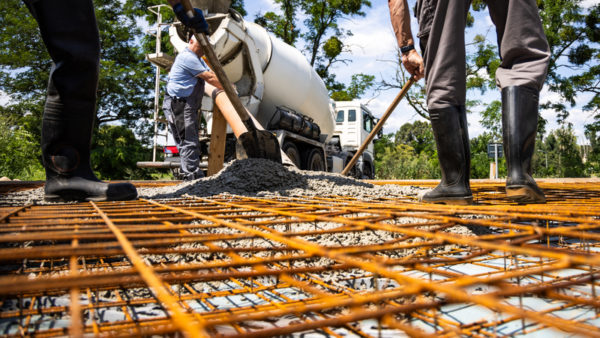
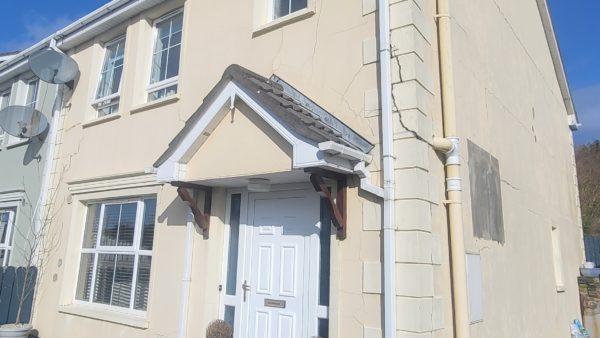

That’s how it used to be before they took them all down